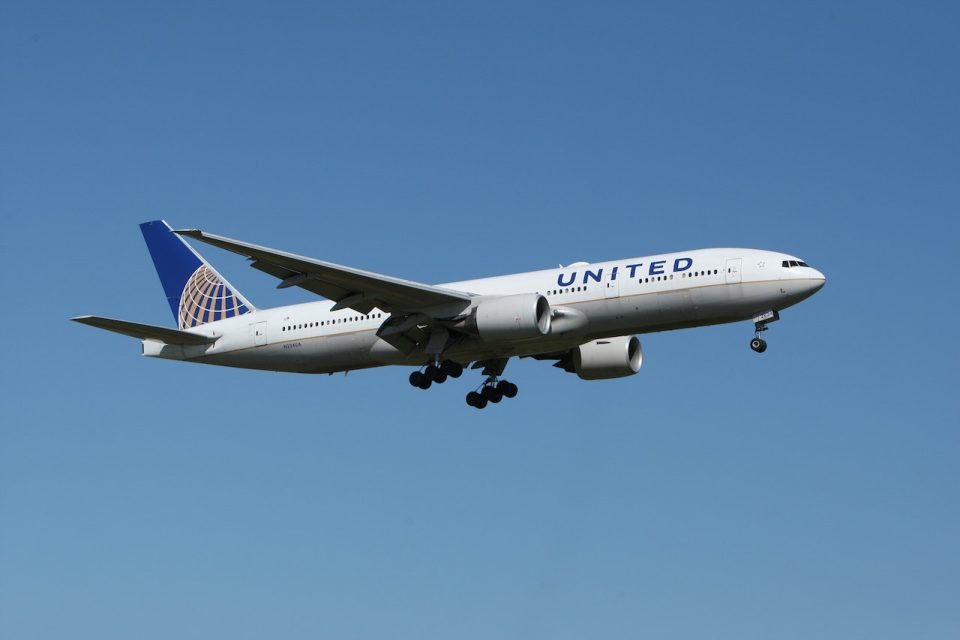As oil prices continue their upward trajectory across the globe, US airlines are grappling with the repercussions of increased fuel expenses in the third quarter of 2020. On Wednesday, Southwest Airlines joined the ranks of two other major U.S. carriers in sounding the alarm over escalating fuel costs attributed to the surge in crude oil prices. While maintaining that leisure demand and yields remain robust, Southwest Airlines reported subdued August leisure bookings, sparking concerns about a potential softening in domestic travel demand and growing economic pressures for the remainder of the year.
According to information gleaned from a regulatory filing by United Airlines, jet fuel prices have skyrocketed by more than 20% since mid-July. Nevertheless, Southwest Airlines remains cautiously optimistic, forecasting a solid third-quarter profit. However, the airline has adjusted its earnings expectations, revising them from an initial range of 3-7% down to 5-7%.
A parallel warning was also issued by Alaska Air Group, which now anticipates an adjusted pre-tax margin falling between 10-12%, a dip from its previous projection of 14-16%. These sudden price hikes have left airlines with limited time to recalibrate their pricing strategies to counterbalance the mounting costs, prompting concerns about the industry’s ability to strike a balance between honoring worker contracts and covering the escalating expenses associated with soaring fuel costs.
In light of these developments, Southwest Airlines experienced a dip in premarket shares by 4%, albeit they later stabilized. This fluctuation is viewed as an indicator of potential softening in domestic travel demand and the mounting economic pressures looming over the airline industry.
Analysts have begun to weigh in on the situation, forecasting challenging times ahead for the airline sector as they navigate these financial headwinds. Airlines now face the formidable task of reconciling their commitments to employees with the imperative of mitigating the effects of rising fuel prices. The industry must find a way to balance these competing demands to secure its future stability.
Southwest Airlines, in response to the unfolding situation, made noticeable gains in the stock market since Wednesday’s opening. Simultaneously, the airline management hinted at the possibility of implementing further cost-cutting measures to weather the storm.
As oil prices worldwide continue their relentless ascent, US airlines are feeling the pinch. The question that lingers is how these hardships will impact domestic travel in the coming months. As the airline industry grapples with a complex equation of rising fuel costs, economic uncertainty, and evolving passenger preferences, the road ahead remains uncertain. Travelers and industry stakeholders will closely monitor developments in the aviation sector, eagerly awaiting signals of a return to stable ground amidst the turbulence.
Source: Reuters

